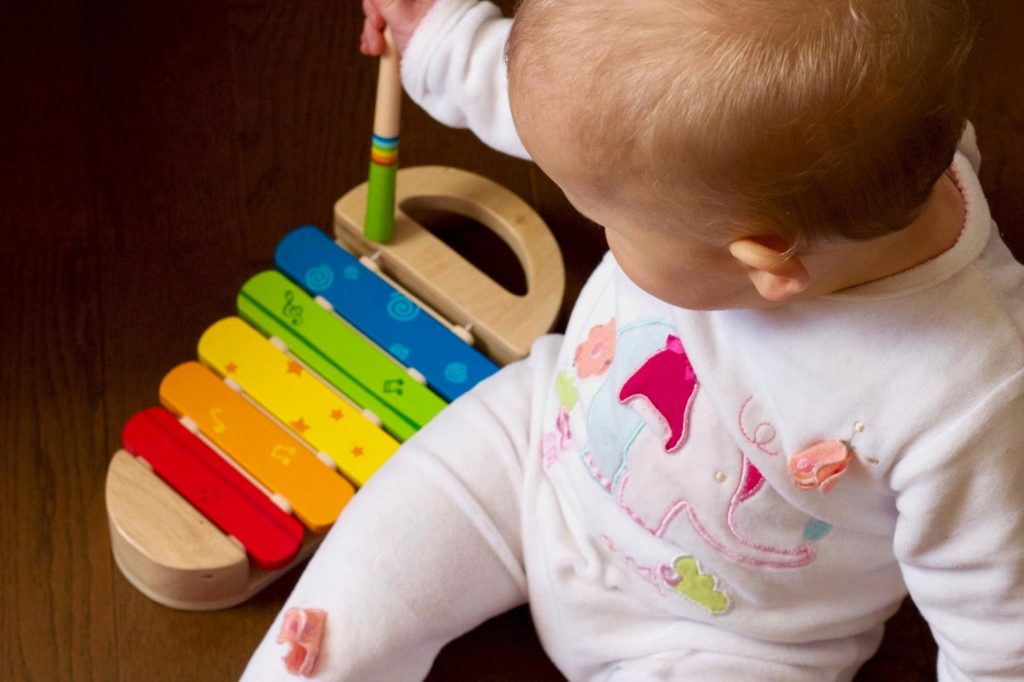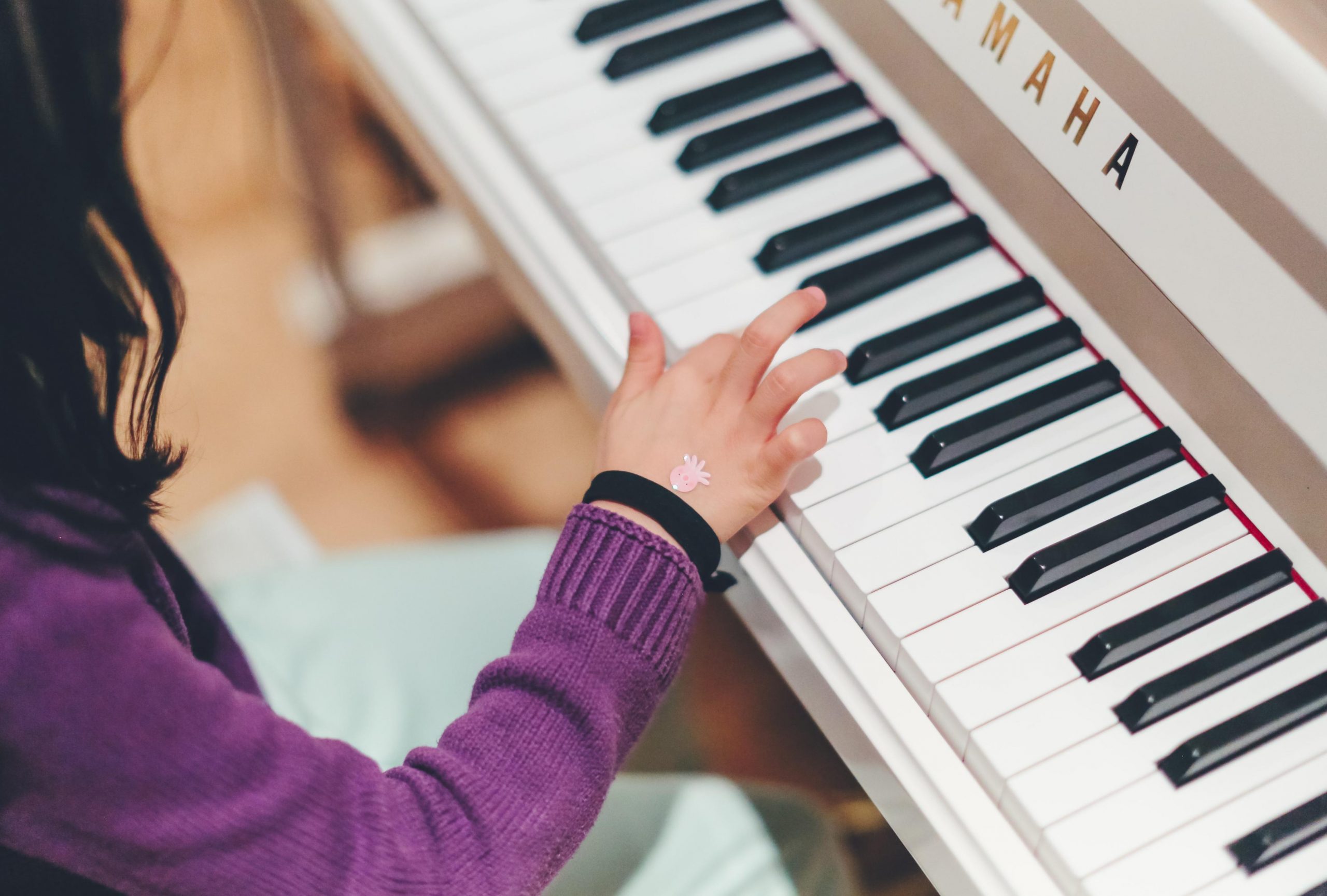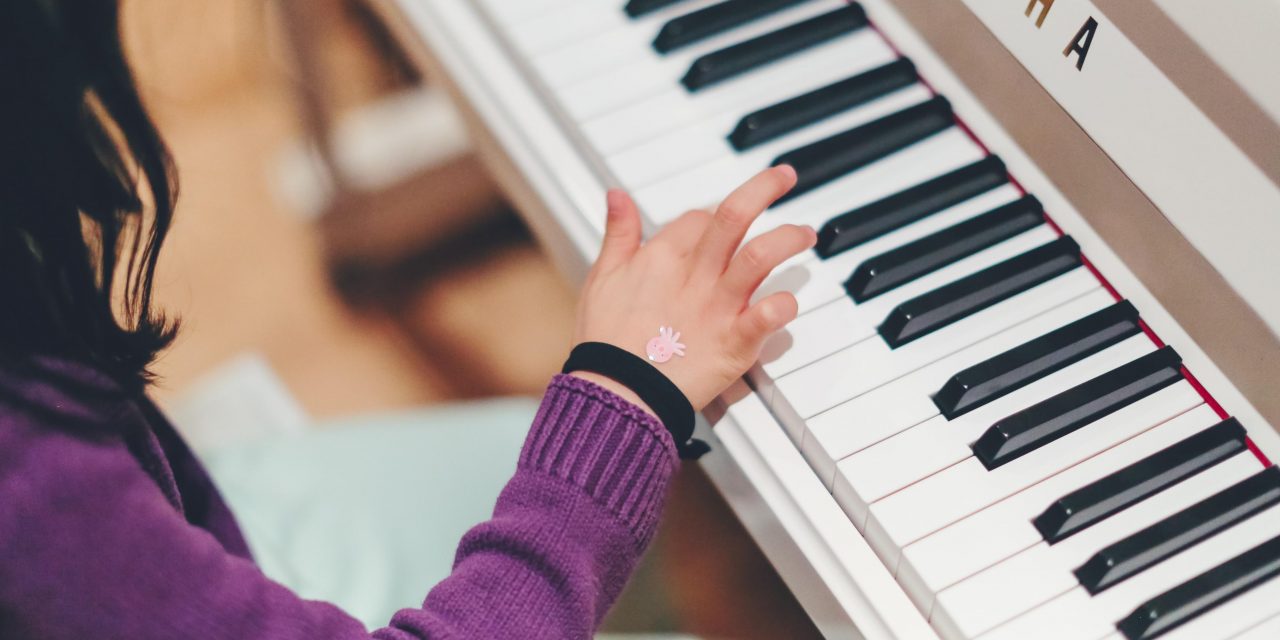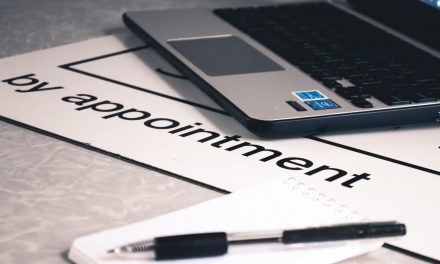It’s a known fact that listening to music helps a person be calm and relaxed. But the idea of using music as a therapy is not known to all people. Research has shown that music has proven beneficial to help children with developing positive changes in their behavior. As doctors, you are well aware that the brain’s reward circuitry is responsible for causing feelings of pleasure. And that’s exactly what music therapy does, it helps in pain management and relaxation. Read on to know more about music therapy in pediatrics, and how you as a pediatrician can use music medicine to better communicate with your patients.

Music therapy has proved to have several benefits.
What Are The Benefits Of Music Therapy In Pediatrics?
From reducing anxiety to promoting recovery, alleviating symptoms, music therapy has proved its benefits in pediatrics in spades. The best part is that music therapy is easy to implement in clinical practices due to it being an individualized, easily accessible intervention. While the results are best observed with academically and clinically trained therapists, there are several ways you can use music therapy to help children with different kinds of problems.
After all, one of the best ways to lighten a child’s mood is by encouraging them to dance to their favorite song. Tiny toddlers get excited about learning lessons with the alphabet song. Even helping children learn a new musical instrument helps them build up their self-confidence and keeps them disciplined. Applied to pediatrics, music as a form of therapy has several benefits for the young patients.
Here are some of the benefits of music therapy in pediatrics:
1. Helps Reduce Anxiety And Stress
Children can get anxious for various reasons. For some, it can be during examinations and for others, it can be due to moving schools or houses. There are children who experience anxiety in every aspect of their lives. In terms of pediatric patients, anxiety most often shows up when there’s a vaccination or injection in the picture.
As a pediatrician, you can use music therapy to connect with your children. If you’re dealing with a troubled and anxious child, you can find music that is soft and calm to make the child feel at ease. You can then build a good rapport with the child. The best way to start is by asking them about what they liked and disliked about the song and how it made them feel.
2. Helps Children Be At Ease After An Injury
Children can experience great discomfort, especially after a physical injury when they are hospitalized. To help ease their pain, you need to engage them in a socially appropriate activity and leisure skill. That’s when music therapy can come to your aid as music is, after all, a universal language. Regardless of whether your younger patient has had a minor injury or a surgery, you can play some relaxing music to make the child feel at ease. It can help calm presurgery nerves, as well as reduce perioperative anxiety.
3. Helps Children Be Positive In Times Of Crisis Or Trauma
Frequent arguments and violence at home, and alienation felt at school are some things that can be traumatic for children. On a more unfortunate note, there are several kids who also become victims of abuse. Music therapy can help children who have been victims of trauma or abuse on their road to recovery.
As a pediatrician, you may not always know what goes on in a child’s life. However, you can certainly use music medicine to help them feel better. Listening to pleasant music will increase the ‘feel-good chemicals’ inside their brain, helping them be at ease. Whether it is to deal with a possible trauma trigger or to simply get them to loosen up, music can help.
4. Helps To Improve Memory
When music therapists engage children in listening to or performing music-related activities, their reasoning, speech, emotion, and reward improve. Research shows the child will learn to think and respond in a certain way after listening to music. This leads to activating the parts inside the brain responsible for retention.

Playing a musical instrument can help a child with motor skills.
Being a pediatrician, you can recommend music to your patients’ parents, citing its positive effects. When parents come to you with concerns about their child’s memory retention, you can recommend playing music, or even going to a music therapist.
5. Helps In The Physical Development Of Children
One of the most natural ways to promote the physical development of children is through music therapy. The sound of music increases a child’s curiosity. Babies, in particular, are known to respond more to sound than speech. When a child presses the keys of a piano or plays the drum, this ability to produce a sound helps to promote their muscle movements.
You can recommend music therapy in pediatrics for children who have problems with reaching their developmental milestones. The therapy will combine their music and movement classes, and it’ll help improve their locomotor skills like leaping and skipping. Music therapy can also help increase a younger patient’s stamina, strength, hand-eye coordination, etc.
How Can You Utilize Music Therapy Based On Age Groups?
The child’s age, requirements and music interest play a huge role in the treatment with music therapy sessions. Nonetheless, don’t let that stop you from utilizing the benefits that this cost-friendly intervention provides.
Depending on your younger patient’s individual needs, you can use a specific type of music therapy to achieve specific goals. While it will be music medicine and not the same as the more rounded music therapy, there’s no doubt about the benefit of its use.
Here’s how you can use music therapy in pediatrics at a clinical level for various age groups:
Infants: You can use music therapy for infants to promote developmental stimulation and lower their heart and breathing rate. Here’s what you can do to interact with infants-
- Sing or hum softly
- Use songbooks to encourage their visual attention
- Play a piece of soothing music on a guitar
Toddlers: Music medicine for toddlers can help them with their communication skills, developing fine motor skills, and memorization. Here’s what you can do to interact with toddlers-
- Make them listen to familiar songs
- Introduce instruments like drums, xylophones and harmonicas for active engagement in the waiting room or the examination room
School-age children: For school-age children, music therapy can help improve their communication and social skills thereby increasing their self-esteem. Here’s what you can do to interact with school-age children-
- Teach them a new song
- Discuss new music with them, making them hum the tune
Teenagers: Some of the most common problems experienced by teenagers are anxiety, depression, and isolation. Music therapy can be the best tool for them to cope with their emotions thereby increasing their self-confidence and self-esteem. Here’s what you can do to interact with teenagers-
- Recording their favorite songs/popular songs and playing them out loud
- Encourage them to play a musical instrument
Conclusion
Involving younger pediatric patients in musical games or learning a musical instrument can help boost their motor skills and cognitive functioning. It can also help children to express their inner thoughts and feelings with the help of music. Music therapy is increasingly showing promise, and utilizing its benefits in the form of music medicine is one of the best ways for you to communicate with pediatric patients.
FAQs On Music Therapy In Pediatrics
How Is Music Therapy Used For Children?
Music therapy is known to facilitate both cognitive and developmental functioning. So, it can be used as remediation to help children with socialization, communication as well as motor development. It can also be used to help children with problems like depression and anxiety.
How Does Music Therapy Help Kids With Disabilities?
Music can help stimulate concrete, auditory, visual and tactile learning. So, problems related to memorization and retention can be treated with the help of music. Disabled kids can therefore learn communication, expression, and interaction with the help of music therapy.
Why Is Music Therapy Good For Children?
Music therapy is an excellent way of helping children with their developmental, cognitive, and psychological problems. It can help reduce stress and improve memory, self-esteem, communication and social skills in children.
Does Music Help With Down Syndrome?
Music therapy can help children with Down Syndrome in so many ways, especially better communication skills. It can help improve their communication, sentence structure, oral motor, sequencing, speech patterns, etc.






